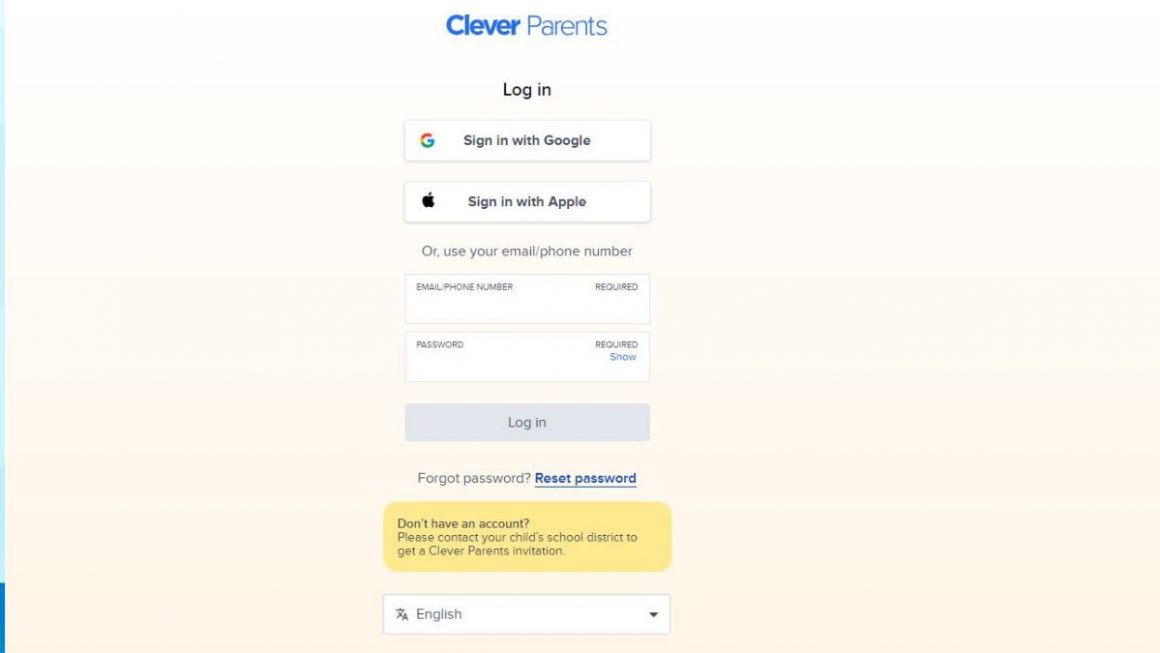Do you want a rewarding and lucrative career? You may be surprised to learn that anyone can become a land surveyor. It doesn’t matter what your experience is, as most programs only require two years of schooling.
As they say, “land surveying is the oldest profession in the world”, and it’s not going anywhere, anytime soon! Should you go after a land surveyor education? Read on to learn 10 reasons that point to yes!
1. Land Surveyors Are in High Demand
Right now, there’s a general shortage of surveyors. Technical innovation has made surveying faster and easier, but it also requires a high level of expertise. That’s why the job demand is outpacing the number of qualified surveyors!
What does this mean for you? It means that there are many opportunities in both the private and public sectors. Land surveying is needed to make sure projects are accurate from start to finish. This includes everything from navigating new roads and buildings, installing utilities, and phone lines.
2. A Land Surveyor Education Is a Great Investment
Did you know a professional engineering license or land surveyor education, is one of the most affordable degrees you can get? It’s also extremely versatile. The degree allows students to choose a specialization in surveying, but only when they’re ready.
There are 2 common paths for someone who wants to become a land surveyor:
- Surveying Engineering
- Land Management
Both degrees are great options and will prepare you for a career in land surveying, However, land management will provide more opportunities to work with people and communities.
3. Land Management Degree Perks
Does the idea of working directly with the public make you smile? Perhaps you’re a people person, and that’s part of why you want to work out in the field. If this describes you, you’ll probably want a degree in land management.
Land surveyor education programs help students learn how to apply their surveying skills to people. It teaches them about resource management and environmental concerns.
The education also includes courses that teach students what the public needs in their community. This is a highly sought-after skill because it requires excellent communication abilities. Overall, a degree in land management prepares graduates for how they can make an impact on the world.
4. Surveying Engineering Degree
Next, let’s examine the path for someone who wants a surveying engineering degree. A degree in this field provides more technical education, but it still includes plenty of hands-on learning Definition Surveying .
The surveyor engineering degree teaches students about topography and includes courses on hydrograph (the study of bodies of water). There are many subfields in surveying engineering including photogrammetry, geodesy, and cadastral surveying.
Graduates with this degree will be able to design land surveys to meet the needs of clients. They should also be equipped for a leadership role in project management-allowing them to oversee the work of other surveyors.
Whether you want a degree in land management or surveying engineering, there are many advantages to choose from. You’ll also have the option to add on another skill that can provide more career options!
5. Accommodates Career and Life Changes
One of the best parts about a surveying education is how easy it is to change paths. For example, does it sound like the public sector isn’t for you? No worries. You’re not automatically locked into land management.
There are many opportunities to work with private companies that need surveyors. This includes home builders and city planners. No matter what your life situation is, there’s an opportunity out there for you if you have a surveying education.
6. It’s Time to Get Paid
Arguably the best part about becoming a land surveyor is the salary. People with a degree in land surveying or engineering earn higher wages than other people working similar jobs, like construction.
While the average salary rests around $60,000, specialized sectors pay much more. For instance, if you get into the land subdivision industry, you could make $80,000 a year, or more.
Your salary will also rely on where you live since certain states and cities will have higher wages than others. No matter where you live, however, being a land surveyor is a job that lets you add to your resume while also earning an income.
7. You Don’t Have to Be Afraid of Math
Yes, going to college means taking on more math classes than before. However, if math wasn’t one of your favorite subjects in school, a degree in land surveying is the perfect way to get over your fear of numbers.
Maybe you didn’t like math in high school because you didn’t see the point in learning it. However, as a career-seeking adult, you can fine-tune your focus. Especially now that you know the benefits of earning a degree.
While getting your land surveying education, you’ll take several entry-level classes, that are math-based. You’ll learn about topographical measurements, hydrographs, and how these systems work together like a well-oiled machine.
The more you understand what goes into engineering an accurate land survey, the better you can do the job yourself. There’s no need to be afraid of taking on more technical classes because you’ll soon find that math isn’t as bad as you thought!
8. Make an Impact
So maybe your dream isn’t to become the next big contractor. Perhaps what you want is to work with the government or even a specific company. As a land surveyor, you can still make an impact on your world and add to society’s growth.
This is especially true if you work as a civil engineer. This title applies to people who design water supply systems, bridges, or roads. You could even work on improving buildings too! Imagine, pointing to your cities largest building, and saying, “I helped make that better”.
Life-Changing and Rewarding Career
The decision to get a land surveyor education can be life-changing. The career opportunities available in the field are numerous and rewarding. Even if your original plan doesn’t work out or you find yourself looking for something different after graduation, you’ll still be in a great position.
If you’re considering getting into land surveying, but need more information, don’t hesitate to reach out. Find a land surveying course, and ask the admissions officer all of your questions. Then, have fun reading another one of our articles!
Also Read:- what is the value of factorial hundred












